Year in Review – the movies that defined 2019: Joker and Avengers: Endgame break records Scorsese takes on Marvel
Total Film's Jamie Graham looks back on a year where superheroes and horror continued to triumph
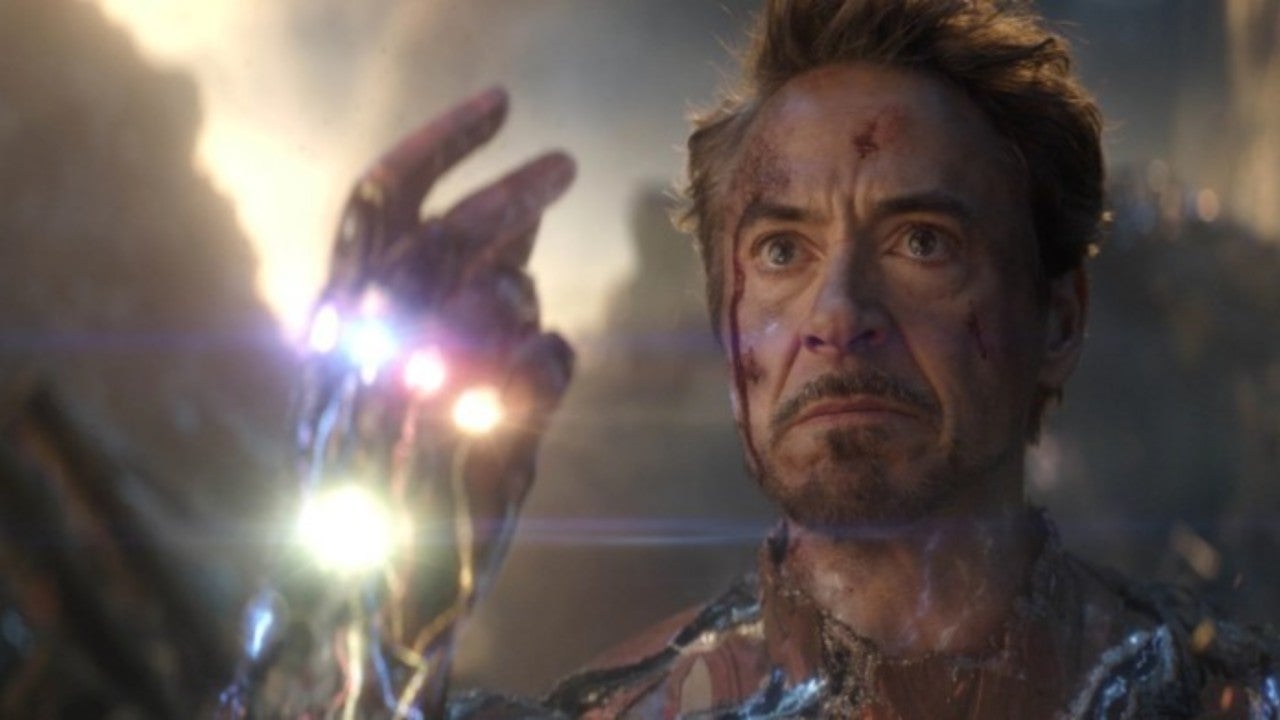
The business of making movies is, in Hollywood at least, very much that – a business. And taken as such, Disney is once more the king of the jungle.
Avengers: Endgame was the MCU’s MVP. Acting as the climax of 11 years and 22 films, the Russo brothers’ extravaganza took $2.8bn at the worldwide box office to jostle James Cameron’s Avatar from its position as the biggest hit of all time. And with The Lion King, Captain Marvel, Spider-Man: Far From Home (co-owned with Sony), Aladdin, Toy Story 4, and Frozen 2 all surging past the magical billion barrier – and even ‘flops’ Dumbo and Maleficent: Mistress Of Evil taking $353m and $481m respectively – Disney has crossed the $10bn threshold.
Consider that the previous annual record for a single studio was $7.6m in 2016, again registered by Disney, and that the aforementioned $10bn doesn’t take into account the receipts generated by 20th Century Fox, which Disney this year acquired, or the deafening kerching greeting Star Wars: The Rise Of Skywalker, that's particularly impressive.
“At a time when cinemas are being challenged by the ever-growing streaming market, Disney are getting people out of their homes and away from their phones to immerse themselves in the full theatrical experience,” says Jane Crowther, Editor-in-Chief of our sister magazine Total Film magazine. “You just can’t argue with those numbers.”
Marty vs. Marvel
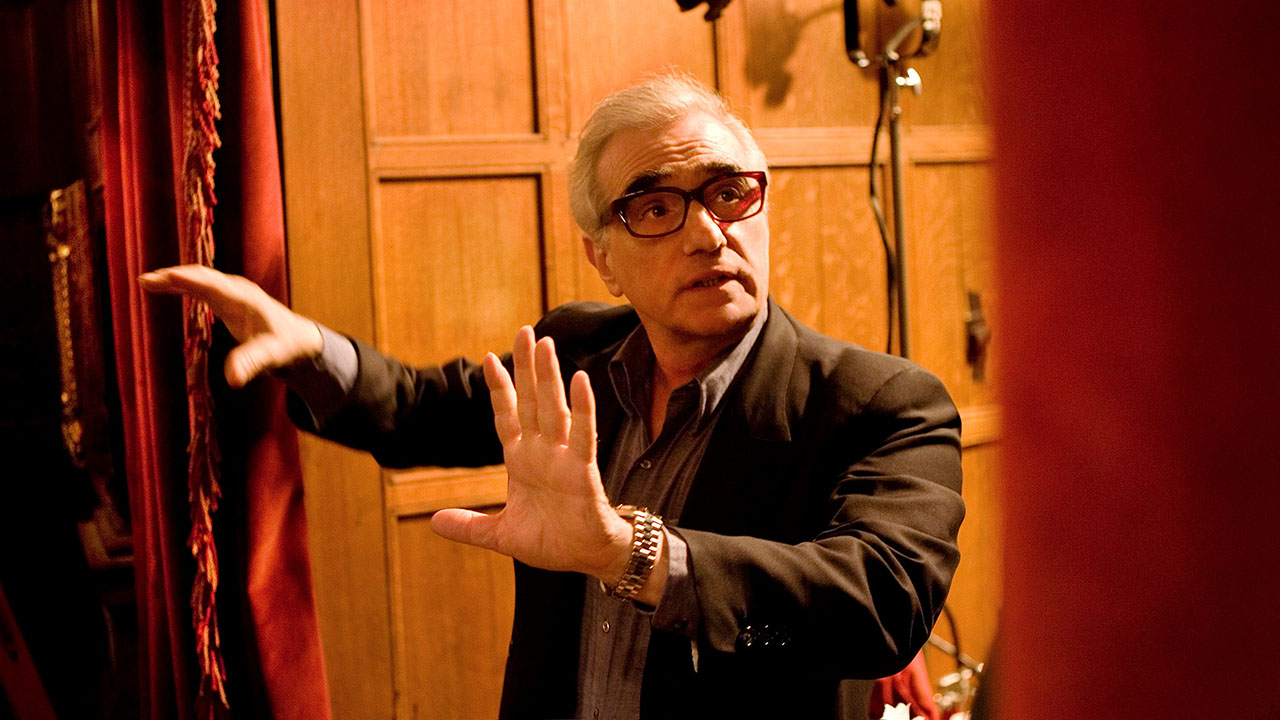
Disney, of course, has absorbed Pixar, LucasFilm, and now 20th Century Fox over the last 13 years, though arguably its smartest and most lucrative acquisition was Marvel and its stable of 5000 characters in 2009, for what now looks like a paltry $4bn. Marvel, commercially and critically, had a banner year, but also found itself at the centre of one of 2019’s most furious talking points, when Martin Scorsese threw shade in its direction.
“That’s not cinema,” said Scorsese of Marvel’s mega-movies, inadvertently causing a Twitter meltdown. “Honestly, the closest I can think of them, as well made as they are, with actors doing the best they can under the circumstances, is theme parks. It isn’t the cinema of human beings trying to convey emotional, psychological experiences to another human being.”
Scorsese, of course, was talking in the lead up to the release of The Irishman, his long-cherished drama that no studio would entertain given the risks involved: a three-and-a-half-hour runtime accommodating a narrative spanning seven decades; a $180m budget which encompassed ‘youthification’ effects that were still being developed as the production unfurled; and a group of OAPs – Robert De Niro, Al Pacino, Joe Pesci, Harvey Keitel – who, though icons all, are hardly Gen-Z catnip. That Californian streaming giant Netflix was the only outfit in town willing to support such a project backed up Marty’s furrow-browed claims, eloquently expressed in an opinion piece penned for The New York Times, that risk-taking is being eschewed in studio filmmaking.
Bringing all the latest movie news, features, and reviews to your inbox
“Franchise films are now your primary choice if you want to see something on the big screen,” wrote Scorsese. “It’s a perilous time in film exhibition, and there are fewer independent theatres than ever… The fact is that the screens in most multiplexes are crowded with franchise pictures.”
More and more, it seemed, cinemas were concentrating on event movies designed to tempt people away from their TV screens, iPads, and smart-phones by promising gigantic, effects-heavy spectacles. Character-driven work, meanwhile, continued to gravitate to the streaming services, with Netflix bringing us The Irishman, Noah Baumbach’s Marriage Story, David Michôd’s The King and Steven Soderbergh’s The Laundromat. Meanwhile, fellow American giants Amazon Studios, which works to a more traditional release template than Netflix, opening its films in theatres prior to making them available to stream, scored strong reviews for Brittany Runs A Marathon, Honey Boy, and The Report. Amazon’s prestige period drama The Aeronauts divided critics, and its much-anticipated adaptation of Donna Tartt’s The Goldfinch was greeted with disdain by reviewers and punters alike.
Of course, Netflix and Amazon are far from the only options to stream movies. Popcornflix, HBO Go/HBO Now, Hulu, Crackle, iTunes, YouTube, Vudu and many more offer an array of content, and major players Apple+ and Disney+ launched in 2019. Yes, that’s right, Disney again – and the company once more found itself at the centre of controversy when its Star Wars spinoff show The Mandalorian dropped in the US in November, but will not be available in the UK until March.
Does size matter?
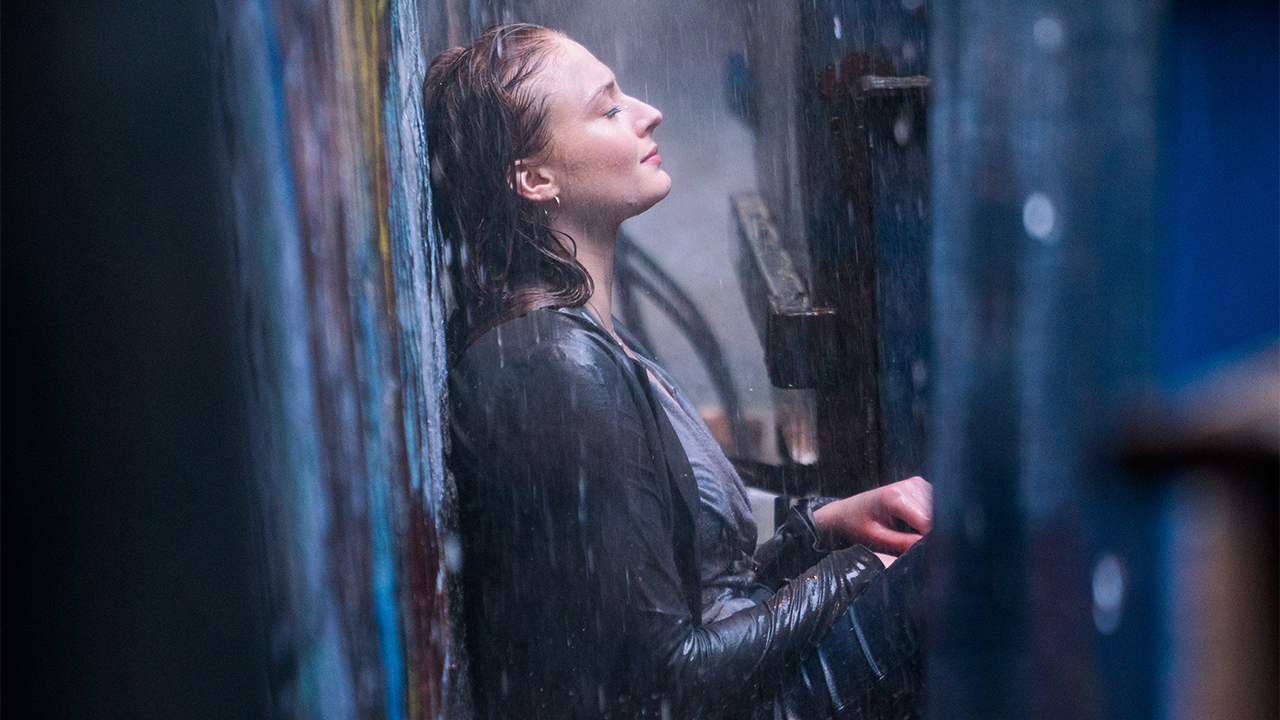
And yet, to divide 2019 movies into cinema = eye-popping tent-pole movies, and streaming = quality writing, is not just an egregious oversimplification but plain wrong – and not just because, as Crowther points out, “The consistent quality of the MCU movies suggests we’re living in a Golden Age of blockbuster filmmaking.”
For starters, Netflix this year tweaked its release model, perhaps to further attract name filmmakers, or maybe to offer an olive branch to the Academy of Motion Picture Arts and Sciences. Netflix’s much-fancied Roma, after all, lost out to Green Book for the Best Picture Oscar in February, and the Academy’s bias was further highlighted in March when Steven Spielberg labelled Netflix films as “TV movies”.
And so it was that in August, Netflix announced a change to its model, with The Irishman and Marriage Story, two of the hot favourites for major Oscars in February 2020, released into cinemas several weeks before dropping on the streaming service. And they were not the only movies – The Laundromat, The King, Dolemite Is My Name, Earthquake Bird, Klaus, I Lost My Body (Toy Story 4’s biggest rival for the Best Animated Feature gong), The Two Popes, and Atlantics were all favoured with the same treatment.
Also blurring the divide are the sheer number of excellent movies that found their way into cinemas regardless of the changing landscape. The Favourite, Once Upon A Time In Hollywood, Booksmart, Ad Astra, Vox Lux, Mid90s, If Beale Street Could Talk, High Life, Pain & Glory, For Sama, Minding The Gap, Knives Out, The Souvenir, Eighth Grade, Sorry We Missed You, Wild Rose, Gloria Bell, Diego Maradona, Animals, The Peanut Butter Falcon, Rojo, The Nightingale, So, Long, My Son… the list goes on. Some were studio products, many independent, but all helped contribute to an exceedingly strong year.
And just to muddy the division beyond all comprehension, came the tried-and-trusted IP that promised bangs but delivered whimpers. Hellboy, Terminator: Dark Fate, X-Men: Dark Phoenix, Men In Black: International, Doctor Sleep (a sequel to The Shining), Child’s Play, and Charlie’s Angels all underperformed, leading some to speculate that audiences are finally tiring of sequel and prequels, reboots, and reimaginings. A lovely idea until you consider that 18 or the top 20 earners at the 2019 US box office are based in some kind of IP.
The horror! The horror!
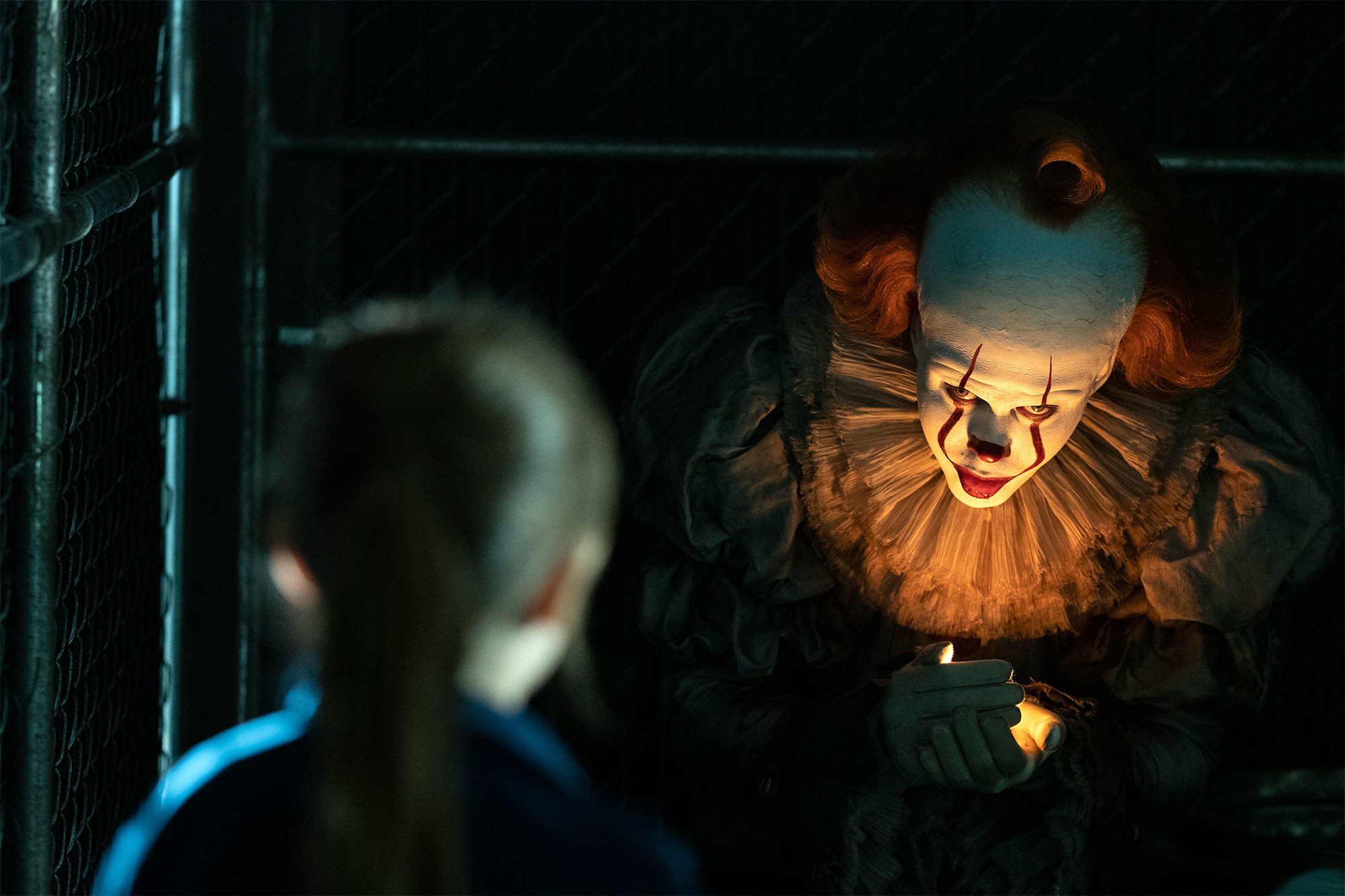
The two exceptions to the rule were Jordan Peele’s Us and Quentin Tarantino’s Once Upon A Time In Hollywood. It was perhaps coincidence that the former was an out-and-out horror movie and the latter, especially in its Spahn Ranch sequence, glowered with foreboding, but there can be no arguing that it was a strong year for horror, which is really no surprise given the troubled times we live in.
It Chapter Two was the biggest horror hit of the year, taking $470m – a sum significantly lower than its predecessor’s $700m, but no mean feat for an R-rated film that cost $79m to make. Jordan Peele’s second film, Us, matched the $255m worldwide gross of his first, Get Out, though its $20m budget was more than four times higher, and Annabelle Comes Home netted $228m from a $27-$32m budget – a drop off on Annabelle: Creation’s $306m in 2017 or the whopping $365m garnered by last year’s Conjuring spinoff The Nun, but impressive nonetheless.
But where horror really scored this year was critically, as an exhilarating batch of nightmare movies solidified the newfound respect being accorded a genre long treated with snobby disregard. Midsommar, In Fabric, Madeline’s Madeline, Lords Of Chaos, One Cut Of The Dead and Border all corralled glowing reviews upon their theatrical releases. Robert Eggers’ follow up to The Witch, The Lighthouse, was one of the best reviewed films at the Cannes Film Festival (it opened in the US in October, but does not bow in UK cinemas until January). And such straight-to-DVD/streaming titles as The Dead Center, The Perfection, Blue My Mind, Here Comes Hell, Hagazussa: A Heathen’s Curse and Depraved proved that the quality ran deep.
“Horror-fantasy has diversified,” explains Alan Jones, the co-director of the UK’s leading genre festival, FrightFest. “It's more unique, innovative and creative than ever.”
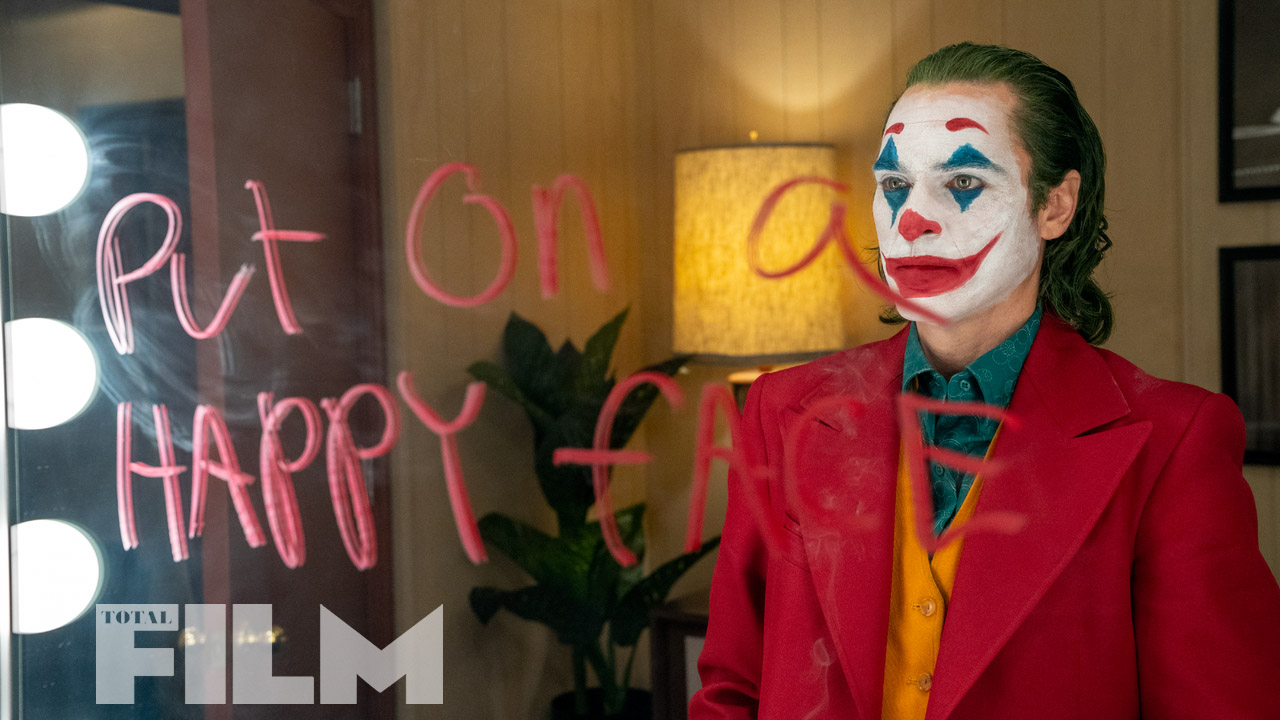
Arguably the most disturbing film of the year, however – and one that was greeted with a swathe of think-pieces that offered something of an unwelcome throwback to the Draconian, ban-this-sick-filth days of the video nasties in the early 1980s – was Todd Phillips’ Joker.
Made for $55-70m, forgoing large-scale action set-pieces, determinedly R-rated, and plugged into both the angry-and-alienated-guy pictures of a young Martin Scorsese (yes, him again, owning 2019 at the age of 77) and the divisions in today’s America (to say nothing of Britain and Europe), Joker stood proudly apart from the DC Extended Universe to imagine a most distressing origin tale. Written by Phillips and Scott Silver, it got up close and uncomfortably personal with Arthur Fleck (Joaquin Phoenix), ensuring viewers empathised with this oddball loner as he struggled to cope with the abuse he suffered as a child, lost his job as a clown, fell into the cracks (chasms?) of the mental health system, and failed, spectacularly, in his dream of becoming a stand-up comedian. When his rage finally boiled over, live on TV, his sick actions were lionized by the disaffected masses.
Variously lambasted for being irresponsible, fascist (a claim also aimed at David Fincher’s Fight Club back in 1999), and a call-to-arms for the incel movement, Joker caused controversy. Many early viewers claimed the movie would cause violence – a claim Warner Bros. denied, releasing a statement.
Phillips, meanwhile, told Total Film magazine that he felt the think-pieces, many of them by people who hadn’t yet seen the film, were off base. “If they write a think-piece like that, to me it’s not a true think-piece because they’re talking about the tip of the iceberg. Really, what you want to do is talk about what’s underneath the water – what leads it to that? In other words, if the movie promotes discussion of the healthcare system in this country, and how people with no money are relegated to certain treatment and other people aren’t…
"If the movie points a finger at the socioeconomic class that we have in the States, and I’m sure you have in the UK, why is that bad, exactly? Isn’t the whole point of these things to promote discussion? Yeah, you can look at Fight Club and say, ‘Wow, Fight Club is going to start fights.’ But that is the most reductive way to look at Fight Club. When you actually look at consumerism and the things that Fight Club is really about, it is a much more interesting conversation.”
As for the violence itself, Phillips said: “We felt like we were being really responsible with the depiction, because we were showing the real-world implications of violence.”
Darren Scott, Editor of SFX magazine, is in agreement with Phillips. “The people criticising Joker – largely without having seen it beforehand – reminded me of the alarming growing trend of those quick to grab for their virtual pitchforks when reading a headline online and not the full article. Had the previous Batman movies made people dress up as a bat to solve crime? It was a huge over-reaction. People like good cinema, and Joker is one of the best. It went on to be a bigger success than perhaps anyone thought it would be.”
The first R-rated movie to break the billion barrier at the box office and the most atypical film to ever win the Golden Lion at the Venice Film Festival, Joker was, arguably, the definitive film of 2019. It certainly managed to roll up many of the themes touched upon above, combining IP, character-driven drama, Martin Scorsese, horror and controversy, to fashion an incendiary, and must-see, package.
Want more end of year content? Check out our picks for the 25 best movies of 2019 and the 100 best movies of the decade.
Jamie Graham is the Editor-at-Large of Total Film magazine. You'll likely find them around these parts reviewing the biggest films on the planet and speaking to some of the biggest stars in the business – that's just what Jamie does. Jamie has also written for outlets like SFX and the Sunday Times Culture, and appeared on podcasts exploring the wondrous worlds of occult and horror.


